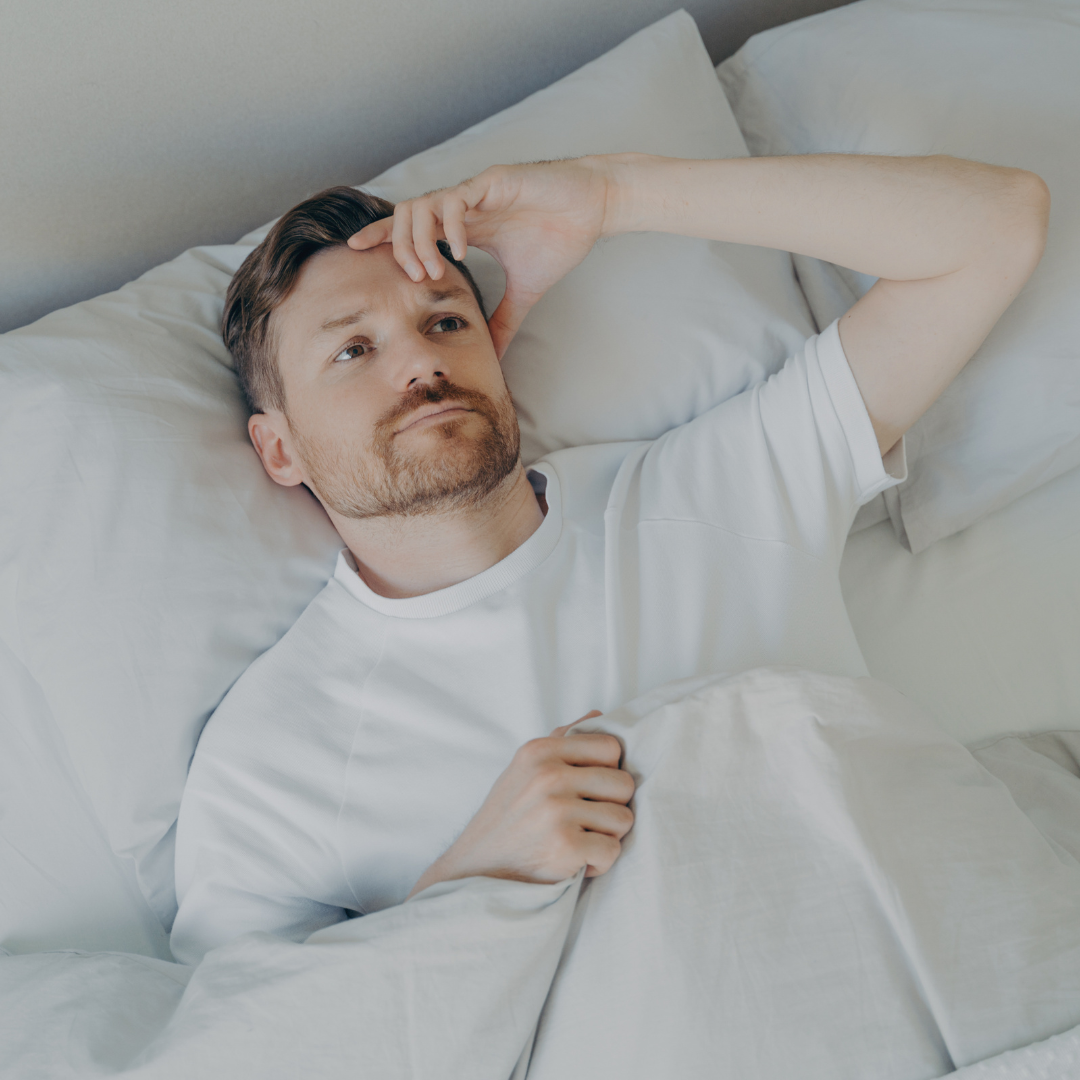In this article, we delve into the first stage of sleep apnea and its implications for your mental health. Sleep apnea is a common yet often undiagnosed disorder characterized by breathing pauses during sleep. Understanding the first stage is crucial for your overall well-being. We explore the symptoms, diagnosis, and treatment options, as well as the relationship between sleep and mental health. Join us as we uncover practical strategies to enhance your sleep quality and lead a healthier life.
The Importance of Sleep and Mental Health
Sleep plays a pivotal role in our mental well-being and daily functioning. However, inadequate sleep is a prevalent issue affecting a significant percentage of adults in Australia. The Australian Sleep Foundation reveals that sleep-related problems can lead to errors and reduced productivity in the workplace. It’s crucial to address sleep issues to protect both your mental and physical health.
Understanding Sleep Apnea and Its Impact
Sleep apnea can cause restless nights and disrupted sleep patterns. Various factors contribute to sleeplessness, including increased responsibilities, life changes, and the ups and downs we experience. It’s important to identify the underlying causes and seek proper diagnosis and treatment. Recent research suggests that addressing sleep problems can have a positive impact on mental and physical health.
At Home Sleep Apnea Testing
At-home sleep apnea testing is a convenient alternative to in-clinic sleep studies. It allows individuals to undergo testing in the comfort of their own homes, especially when sleep apnea is strongly suspected. We explore the benefits and limitations of at-home testing, providing valuable insights into this diagnostic approach.
Strategies for Improving Sleep Habits
Developing healthy sleep habits is crucial for mental well-being. We offer practical tips to improve sleep quality, including:
- Establishing a regular bedtime and wake time routine
- Limiting caffeine intake in the hours leading up to bed
- Regular exercise for better sleep and overall health
- Avoiding alcohol consumption close to bedtime
- Minimizing daytime napping to maintain sleep pressure
- Creating a soothing bedtime ritual to signal relaxation
- Managing worrying thoughts and stress through effective strategies
Seeking Support and Professional Help
If you’re experiencing difficulty managing pressures or hardships, it’s essential to seek support from trusted individuals such as family members, friends, counsellors, community support workers, or your GP. They can provide guidance, understanding, and valuable assistance in navigating sleep-related challenges.
Conclusions
Understanding the first stage of sleep apnea and its impact on mental health is crucial for overall well-being. By implementing effective strategies, seeking professional help when needed, and adopting healthy sleep habits, you can improve your sleep quality and lead a more fulfilling life. Prioritize your sleep health today and experience the positive effects it can have on your mental and physical well-being.



